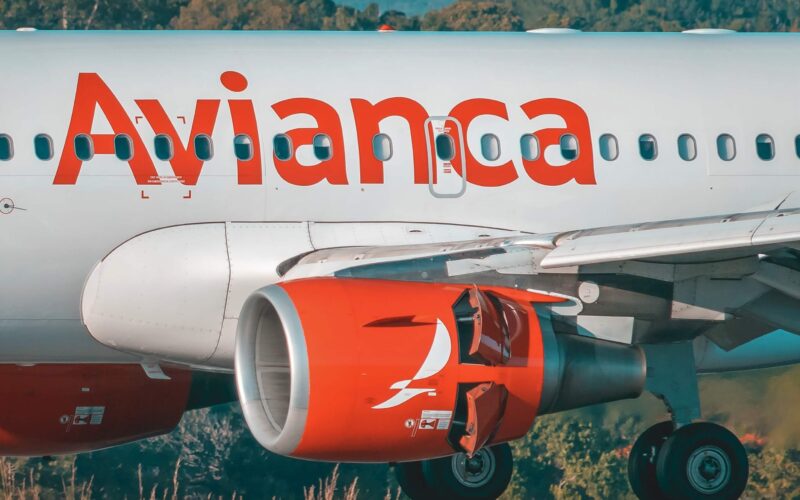An Avianca Airbus A320 aircraft experienced a hard landing, reaching almost 5G as the aircraft touched down at Ibague Perales Airport (IBE), Colombia.
The rough landing occurred on October 8, 2021, when the Avianca Airbus A320-200 jet, registered as N742AV, was conducting a test flight from Ibague Perales Airport (IBE).
According to the Bureau of Investigation and Analysis for Civil Aviation Safety (BEA), the aircraft was supposed to complete a verification flight in order to validate a new approach procedure. The aircraft climbed to 12,000 ft and returned to runway 32 an hour later. However, the flight crew landed the jet in an extremely hard way, reaching a peak of 4.9G.
The plane was only carrying the flight crew onboard and no injuries were reported after the incident. However, such a hard touchdown could severely affect passenger health.
A hard landing is considered to be one of the most common aircraft incidents. It occurs when an aircraft hits the ground with greater speed and force than in a normal landing. From a technical perspective, a hard landing is a peak recorded vertical aircraft acceleration, which exceeds a force of 2.1G.
At 5G, a typical human body is considered to experience a force equal to five times its weight. Such a force is enough to overwhelm the heart’s ability to pump blood to the brain. Typically, a human can withstand no more than 9Gs.
It was the first hard landing by an Avianca (AVHOQ) aircraft this year.

